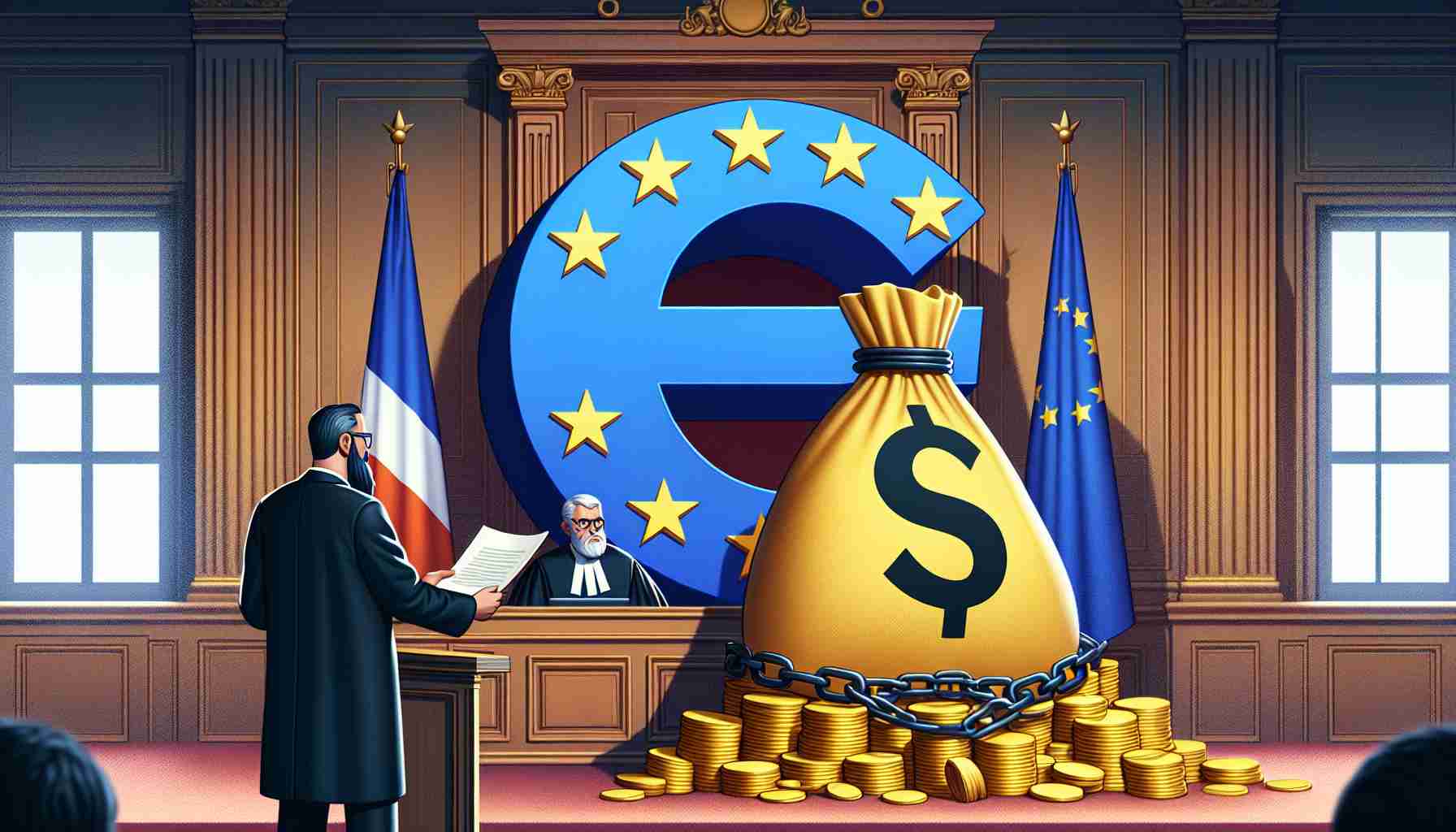Google recently celebrated a significant legal victory as the EU General Court overturned a hefty antitrust fine imposed by the European Commission five years ago. The fine, totaling 1.49 billion euros, was aimed at Google’s online advertising sector. However, the court deemed the penalty unjust and annulled it completely, marking a pivotal moment in the ongoing battle between tech giants and regulatory authorities.
The European Commission accused Google of implementing restrictive clauses in its contracts, hindering competition and limiting choices for advertisers and website owners. Despite the initial ruling in favor of the commission, the General Court found flaws in the assessment, highlighting the lack of evidence to support claims of consumer harm or stifled innovation due to Google’s practices.
This legal triumph for Google not only showcases the complexities of antitrust investigations in the digital age but also underscores the company’s dedication to revising its policies. Google had already made contractual adjustments in 2016, voluntarily removing contentious clauses even before the commission’s decision.
As tech companies face mounting scrutiny worldwide, Google’s legal battles serve as a cautionary tale for industry players navigating the ever-evolving landscape of digital advertising and competition regulations.
Google Emerges Victorious in Legal Battle Over EU Antitrust Fine: A Deeper Dive
While the recent ruling in favor of Google by the EU General Court has grabbed headlines, there are further nuances to the case that shed light on the broader implications and challenges facing technology companies in the realm of antitrust regulations. Here are some key aspects to consider:
1. What are the implications of this legal victory for Google and other tech giants?
Google’s successful appeal against the European Commission’s antitrust fine not only saves the company a significant monetary penalty but also sets a precedent for how tech companies can challenge regulatory decisions. This outcome may embolden other firms to contest antitrust allegations more aggressively, potentially reshaping the dynamics of future regulatory actions in the tech sector.
2. What were the main arguments made in Google’s defense that led to the annulment of the fine?
One of the critical factors that swayed the General Court in Google’s favor was the lack of concrete evidence demonstrating the actual harm caused by the alleged anticompetitive practices. The court highlighted the importance of substantiated claims in antitrust cases and the necessity of proving tangible negative effects on competition or innovation.
Key Challenges and Controversies:
1. Transparency and Accountability:
One ongoing challenge highlighted by this case is the need for greater transparency from tech companies in their business practices. The opacity of certain contractual clauses or operational mechanisms can make it difficult for regulatory bodies to assess potential antitrust violations accurately.
2. Balancing Innovation and Competition:
Another controversy stemming from this legal battle is the delicate balance between promoting innovation and ensuring fair competition in the digital market. Tech giants often argue that their practices drive innovation and benefit consumers, posing a challenge for regulators to discern between legitimate innovation and anticompetitive behavior.
Advantages and Disadvantages:
Advantages:
– The ruling provides clarity on the standards of evidence required in antitrust cases, setting a precedent for future investigations.
– Google’s proactive adjustments to its contracts demonstrate a willingness to address regulatory concerns and adapt to evolving legal landscapes.
Disadvantages:
– The decision could raise questions about the effectiveness of antitrust enforcement in the tech sector if regulatory fines are consistently overturned on appeal.
– A perceived leniency towards tech giants like Google may fuel concerns about monopolistic tendencies and hinder competition in the long run.
In conclusion, Google’s legal triumph in the EU antitrust battle is just one chapter in the ongoing saga of tech regulation and competition. While it showcases the complexities of navigating digital markets, it also raises important questions about accountability, innovation, and the balance between regulatory oversight and corporate autonomy.
For further insights on antitrust issues in the tech industry, you may explore Financial Times for in-depth analysis and coverage of regulatory developments.



